

Would you like to boost your opportunities to connect and exchange with colleagues from all over Europe?
New stories about the persecution of queer people and their resilience, from the times of Nazi Germany to the present day
Beyond the Binary. On trans*, genderqueer and lesbian identities in Poland and Germany from 19th century to present day by Małgorzata Sikora-Tarnowska, Fides Schopp, Leo Paulsen, published on Blog der Republik
New Stories about queer personalities and culture of Eastern and Central Europe from Eastern Queerope
Moving Stories: LGBTQI Ukrainian Refugees. A review of six in-depth interviews with people who left Ukraine because of the war by Oleksandra Kantser, Andrii Shestaliuk, published on Oko.press
Queer Rights and Marriage Equality Under War, Authoritarianism, and Democracy. A study of Ukraine, Belarus, and Estonia, three countries with radically different approaches by Julia Holub, Gleb Veng, published on Gender in Detail
Gaps in Remembrance – Queer Biographies during National Socialism. Queer survivors of Nazi persecution could not speak openly about their experiences due to ongoing state oppression. This German-language audio piece is a search for clues by Kio Weck, published on freie-radios.net
Queerly Beloved: Romani and Sinti Resistance Through the Ages. Six podcast episodes in German explore the history of the Roma and Sinti with a focus on activism, resistance, and the fight for equality and justice by Melania Swiontek Brzezinski, Ann Toma-Toader, published on taz
Queer and Trans People Have Always Been Here. These Are Their Stories. How do the past biographies connect with the experiences of trans people today? by Anton Ambroziak, Marit Blossey, published on Oko.press, Siegessäule
Queer Fronts. Alice Weidel resolves the paradox of being a chairwoman of the queer-hostile AfD by distinguishing between ‘homosexual’ and ‘queer’. Divisions are also opening up within the queer community by Małgorzata Sikora-Tarnowska, Fides Schopp, Leo Paulsen, published
on Kontext Wochenzeitung
Propaganda and violence against LGBTIQ+ people is on the rise, and the media play a key role in the spread of homophobic and transphobic narratives, helping determine which perspectives are represented in the public debate. “History Unit: Reframing Queer Narratives in Media” addresses this responsibility of the media in the context of the persecution of queer people under National Socialism, as well as in today’s political realities. Our aim is to enrich the public discourse with historical perspectives and to get the mainstream media to unequivocally condemn any kind of queer-hostile rhetoric.
Participants and activities
History Unit is developed for media professionals and activists from Belarus, Germany, Poland and Ukraine willing to research the responsibility of the media in the spread of homophobic and transphobic narratives. The project will bring them together for:
International workshops devoted to the persecution of queer people under National Socialism and in contemporary contexts. Potential activities include visits to former concentration camps, discussions with historians, meetings with contemporary witnesses.
Joint journalistic projects produced after each workshop.
Public events.
The participants of History Unit will be able to explore topics and publish stories that find little space in the traditional media, e.g. homophobia, discrimination, queer history. We will work to create an intersectional network of media professionals and activists, memorial specialists and experts, to aid knowledge exchange and collaboration during the project and going forward.
This page will be updated with news and announcements as History Unit progresses. We will also post updates and open calls on social media: add Unit on Instagram and subscribe to our newsletter.
Partners
n-ost is developing and carrying out History Unit together with its cooperation partners:
Human Constanta is a human rights organisation from Belarus founded in 2016. Its work is based on three pillars: analysis, educational programmes and advocacy/lobbying, and is focused on three main areas: digital rights and freedoms, rights of foreigners and stateless persons, anti-discrimination and human rights education.
Autonomy Foundation (Fundacja Autonomia) is a Polish non-governmental, non-partisan organisation that was founded in 2007. It primarily supports women and queer people in countering discrimination, repression and violence through empowerment work, critical thinking and media skills. Fundacja Autonomia was a cooperation partner in the project until September 2024.
The project is funded by the Foundation Remembrance, Responsibility and Future (EVZ) and the Federal Ministry of Finance (BMF) as part of the Education Agenda on NS-Injustice.
Check out all the participating journalists listed here. This is what brings them together.
See all network members
Freelance Journalist, Clara Zink
Berlin, Germany

Journalist, NV
Київ, Ukraine
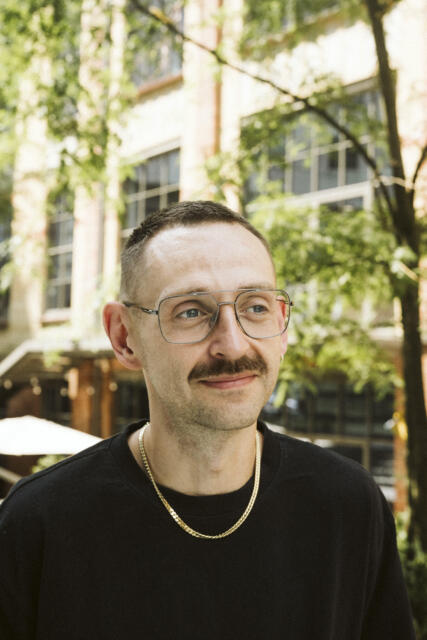
Journalist freelancer, Vogue Poland/OKO.press/Mint Magazine/Tygodnik Powszechny/Spider's Web
Warszawa, Poland

Freelance Journalist, Helena Weise
Berlin, Germany
journalist, kio weck
Germany
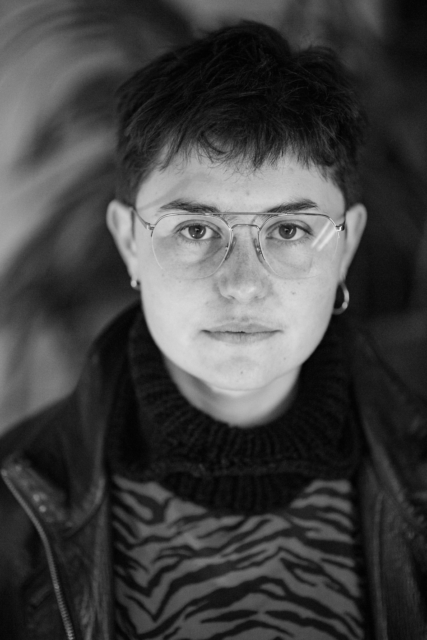
Journalist and researcher, Freelance
Gleb Vengerov
Lithuania
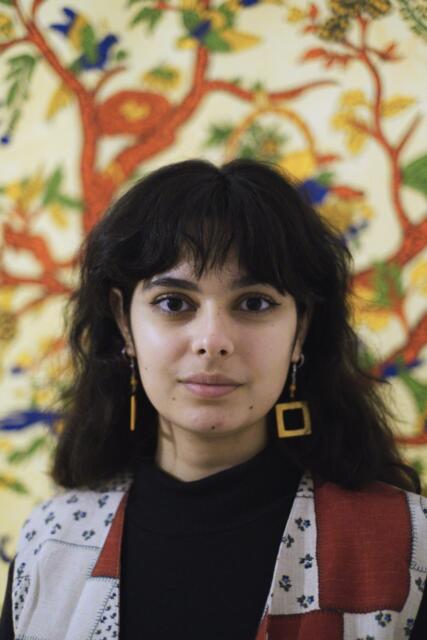
Journalist , Ann Toma-Toader
Berlin, Germany
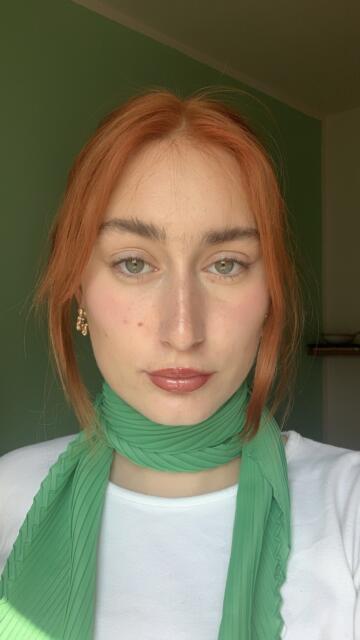
Journalist, Freelance
Berlin , Germany
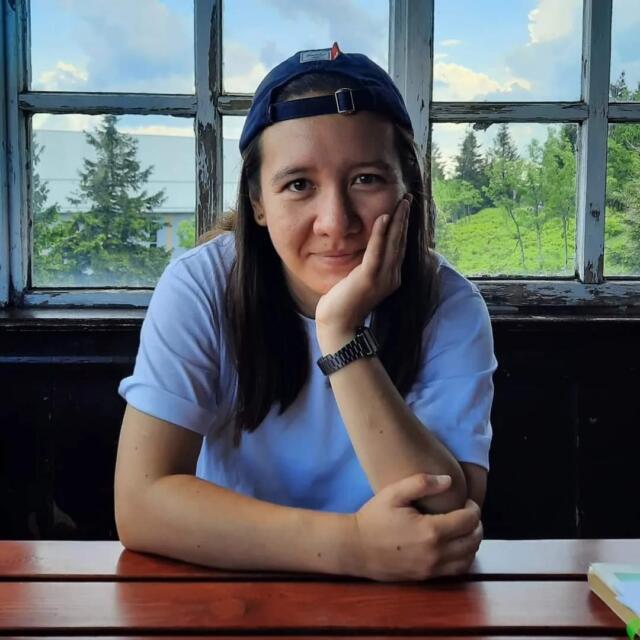
Jorunalist/Editor/Deputy editor-in-chief, Replika. The Polish LGBTQIAP+ Magazine
Warszawa, Poland

Historian, writer, Andrii Shestaliuk
Germany

PhD Candidate, author, Central European University
Vienna, Austria

Freelance Journalist

Freelance Journalist + Researcher
freelance journalist & researcher, Leo Paulsen
Germany
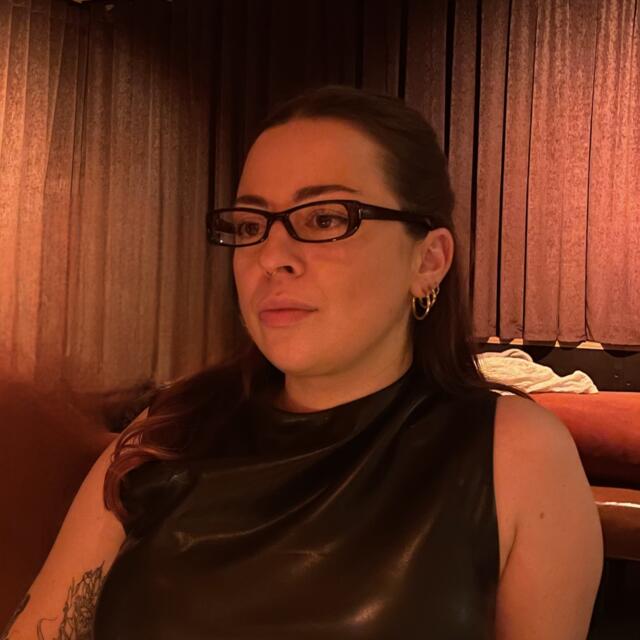
Freelance Journalist, Airinë Nuqi
Germany
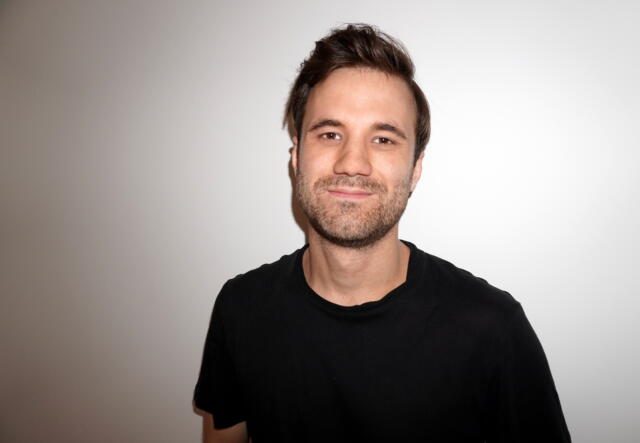
Journalist and Editor, Freelance
Berlin, Germany
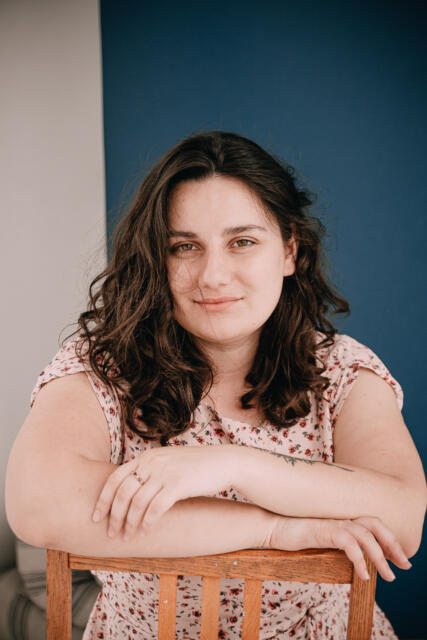
Project manager, freelance journalist, Daria Lobanova
Poland

Student, journalist, Kherson online media MOST
Kharkov, Ukraine
Disinformation Analyst, Detector Media
Warsaw, Poland

Eastern Queerope
Bremen, Germany

Sasha Kantser
Leipzig, Germany
Journalist, Yuliia Holub
Vilnius, Lithuania
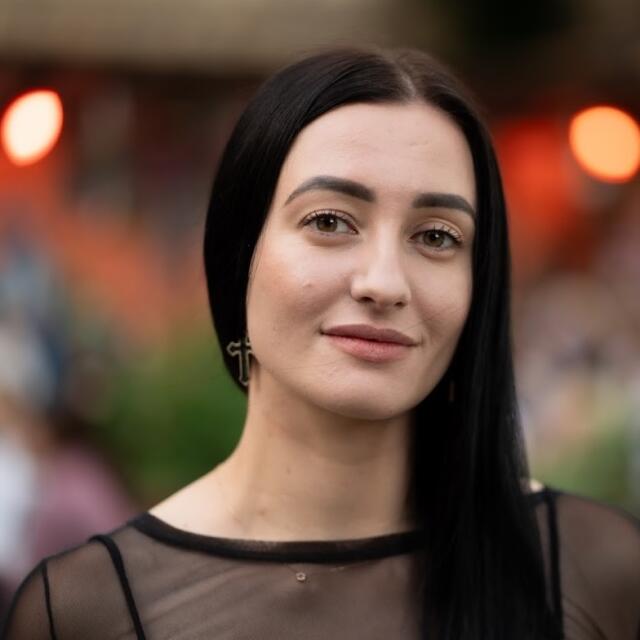
investigative journalist, Trap Aggressor
Kyiv, Ukraine
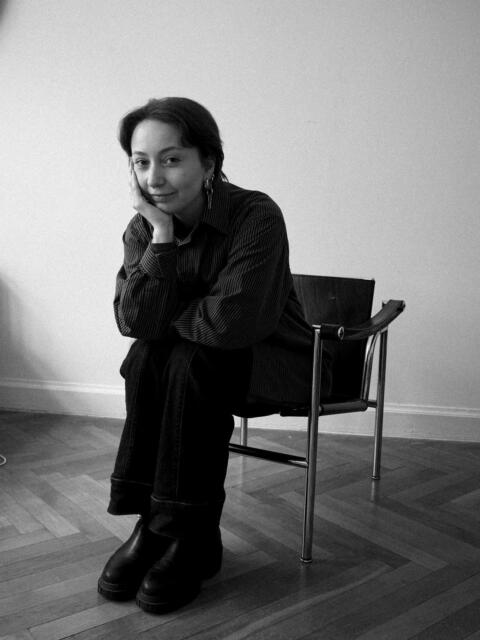
Journalist, Selina Hellfritsch
Berlin, Germany
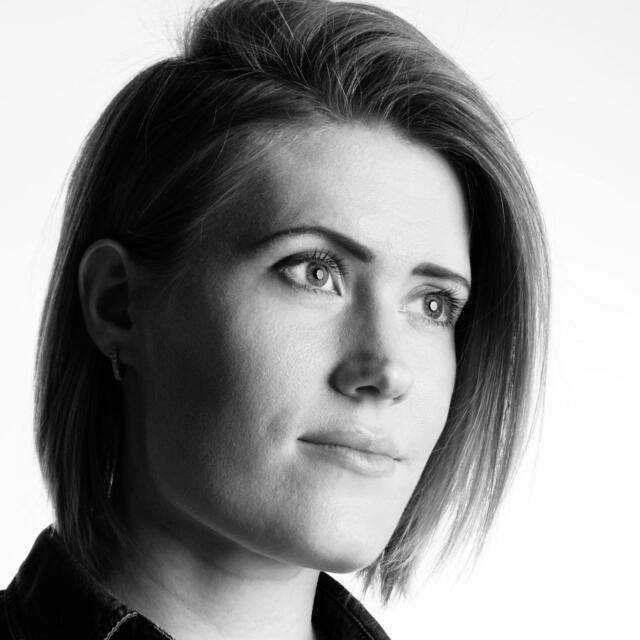
line producer, Freelancer
Slovakia
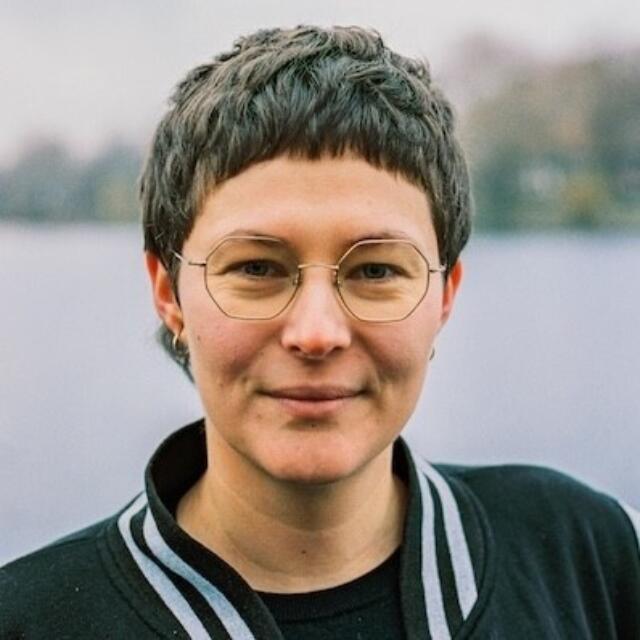
freelance radio author, Deutschlandfunk, Deutschlandfunk Kultur, Deutschlandfunk Nova, rbb
Berlin, Germany
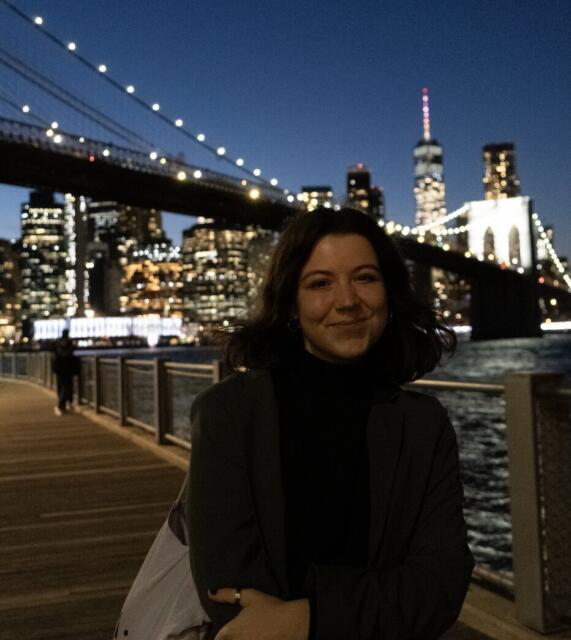
Marit Blossey
Germany

Journalist, editor, oko.press
Warsaw, Poland

Journalist, Sophie Tiedemann
Leipzig, Germany

Journalist, Podcaster, Correspondent;, Deutschlandradio
Amsterdam, Netherlands